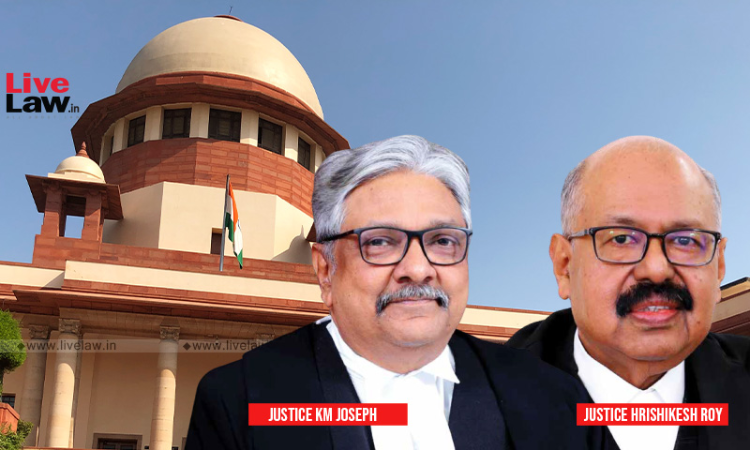Power Under Order 41 Rule 33 CPC Is To Be Invoked By Appellate Court Only In Rare Cases : Supreme Court
Shruti Kakkar
14 April 2022 6:38 PM IST

Next Story
14 April 2022 6:38 PM IST
The Supreme Court has observed that although order 41 Rule 33 of CPC clothes appellate courts with extraordinary power, it is to be exercised only in exceptional cases. Order 41 Rule 33 of CPC deals with the power of the Court of Appeal to pass an appropriate order in a case regardless of the fact that the appeal is only with respect to a part of the decree or that the appeal is filed...
